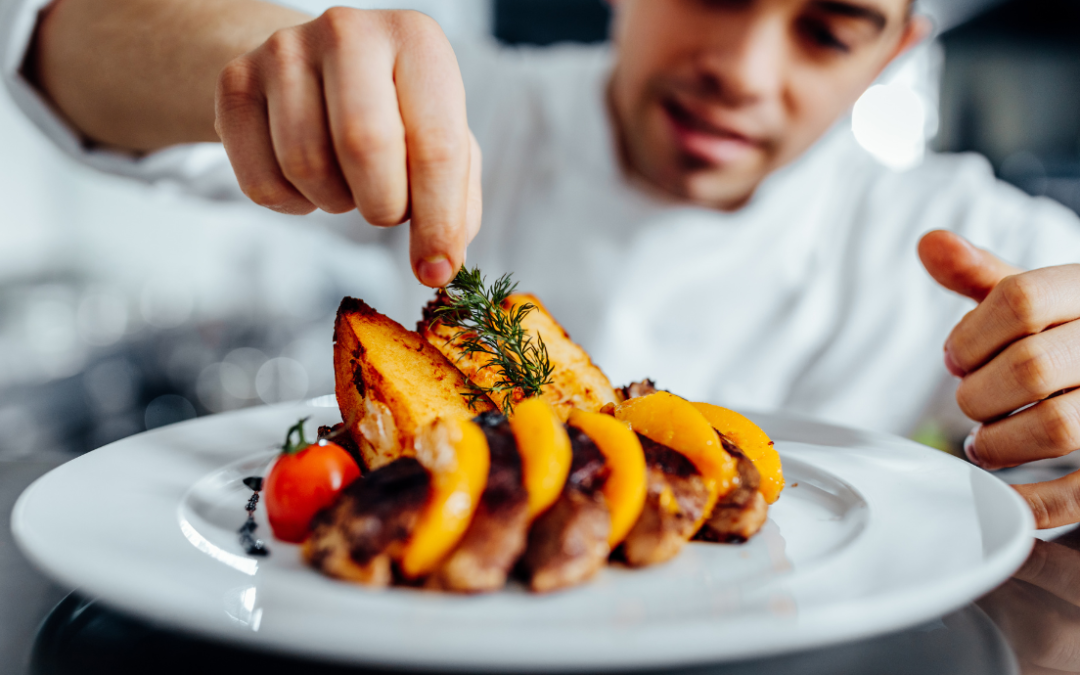The culinary world doesn’t have a straight-fire career trajectory, which makes becoming an executive chef extremely rewarding. While one line cook may make lateral moves by job hopping, another may climb the ladder from line cook to sous chef, all while working for the same restaurant. Some chefs chose a traditional route of working for a single restaurant, while others may opt to work for a hotel brand. If you’re like many, the ultimate goal is to become an executive chef.
The options are limitless, which means that it can be complicated to prepare for the interview. Being that the path is going to be different for everyone, it can be hard to predict where the interview is going to lead.
Like practically all interviews, you’ll want to study up on the restaurant you’re meeting with ahead of time. While the road may appear to be convoluted, many executive chefs share some common abilities and experiences. This is a role that typically calls for a ton of experience in addition to the obvious skillset required to create top-level cuisine. Here are the questions you are inevitably going to be asked.
The Questions You Need to Be Prepared to Answer:
- Describe your management style.
- What inspired you to begin your culinary career?
- Do you have a signature dish?
- What type of cuisine are you specialized in?
- Can you provide an overview of your training and education?
- How would you describe your managing style?
- How do you handle conflict with employees?
- What qualities do you look for in your kitchen team?
- Tell me about a recipe or menu item you created that didn’t work out. What did you learn from this experience?
- What is your biggest accomplishment or accolade?
- Walk us through your approach to menu design.
- What menu concepts do you have experience executing?
- Do you have experience optimizing menus for premium pricing opportunities?
- What steps do you take to control food quality?
- Who is a chef that you look up to, and why?
- What culinary trends have you been following lately?
- Have you led a team before? Tell me about this experience.
- How do you address miscommunications in the kitchen?
- Tell me about a situation you experienced where there was a miscommunication between the kitchen and serving staff.
- What experience do you have with training others?
- Have you won any awards? Any major accomplishments?
- What makes you the best fit for our establishment?
- Please tell me about your experience with managing a budget and inventory control.
- Where did you receive the most hands-on training?
- What is the biggest staff you’ve managed?
- Do you have experience managing diverse, multilingual employees?
- What is your process for replacing a long-time vendor?
- Describe a team-building technique you use to keep employees engaged during stressful situations.
- What do you enjoy preparing the least?
- What do you believe are strong characteristics a chef should hold?
